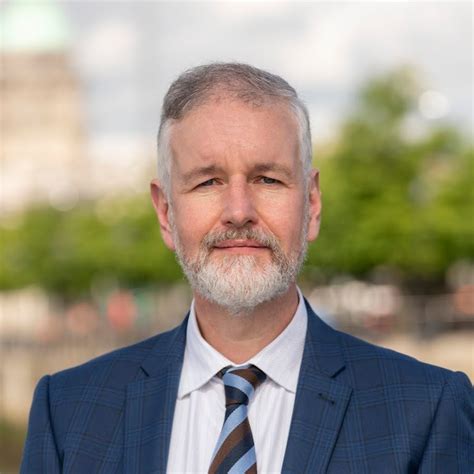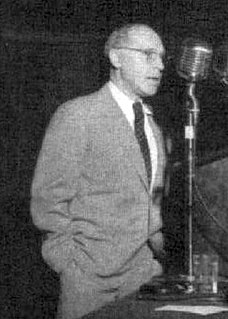A Quote by Frontinus
I will ignore all ideas for new works and engines of war, the invention of which has reached its limits and for whose improvement I see no further hope.
Related Quotes
It is part of the educator's responsibility to see equally to two things: First, that the problem grows out of the conditions of the experience being had in the present, and that it is within the range of the capacity of students; and, secondly, that it is such that it arouses in the learner an active quest for information and for production of new ideas. The new facts and new ideas thus obtained become the ground for further experiences in which new problems are presented.
My hope is that 'The New World Haggadah' will open a new world for readers who will see our heritage through a multilingual prism. I wanted to feature medieval and renaissance authors, resistance in World War II, crypto-Jews and activists during the Dirty War in Latin America, songs of protest, and songs of hope.
Ideas are the engines of progress. They improve people's lives by creating better ways to do things. They build and grow successful organizations and keep them healthy and prosperous. Without the ability to get new ideas, an organization stagnates and declines and will eventually be eliminated by competitors who do have fresh ideas.
I say further that for this great legislative body to ignore the Constitution and the fundamental concepts of our governmental system is to act in a manner which could ultimately destroy the freedom of all American citizens, including the freedoms of the very persons whose feelings and whose liberties are the major subject of this legislation.
This is no war of chieftains or of princes, of dynasties or national ambition; it is a war of peoples and of causes. There are vast numbers, not only in this Island but in every land, who will render faithful service in this war, but whose names will never be known, whose deeds will never be recorded. This is a War of the Unknown Warriors
Works of imagination excel by their allurement and delight; by their power of attracting and detaining the attention. That book is good in vain which the reader throws away. He only is the master who keeps the mind in pleasing captivity; whose pages are perused with eagerness, and in hope of new pleasure are perused again; and whose conclusion is perceived with an eye of sorrow, such as the traveller casts upon departing day.
This is the nature of war, whose stake is at once the game and the authority and the justification. Seen so, war is the truest form of divination. It is the testing of one's will and the will of another within that larger will which because it binds them is therefore forced to select. War is the ultimate game because war is at last a forcing of the unity of existence.War is god.
The source of innovation is freedom. All we have - new knowledge, invention - comes from freedom. Discoveries and new knowledge come from freedom. When somebody is responsible only to himself, [has] only himself to satisfy, then you'll have invention, new thought, now product, new design, new ideas.
If one looks at all closely at the middle of our own century, the events that occupy us, our customs, our achievements and even our topics of conversation, it is difficult not to see that a very remarkable change in several respects has come into our ideas; a change which, by its rapidity, seems to us to foreshadow another still greater. Time alone will tell the aim, the nature and limits of this revolution, whose inconveniences and advantages our posterity will recognize better than we can.
There is no permanent status quo in nature; all is the process of adjustment and readjustment, or else eventual failure. But man is the first being yet evolved on earth which has the power to note this changefulness, and, if he will, to turn it to his own advantage, to work out genetic methods, eugenic ideas, yes, to invent new characteristics, organs, and biological systems that will work out to further the interests, the happiness, the glory of the God-like being whose meager foreshadowings we the present ailing creatures are.


































